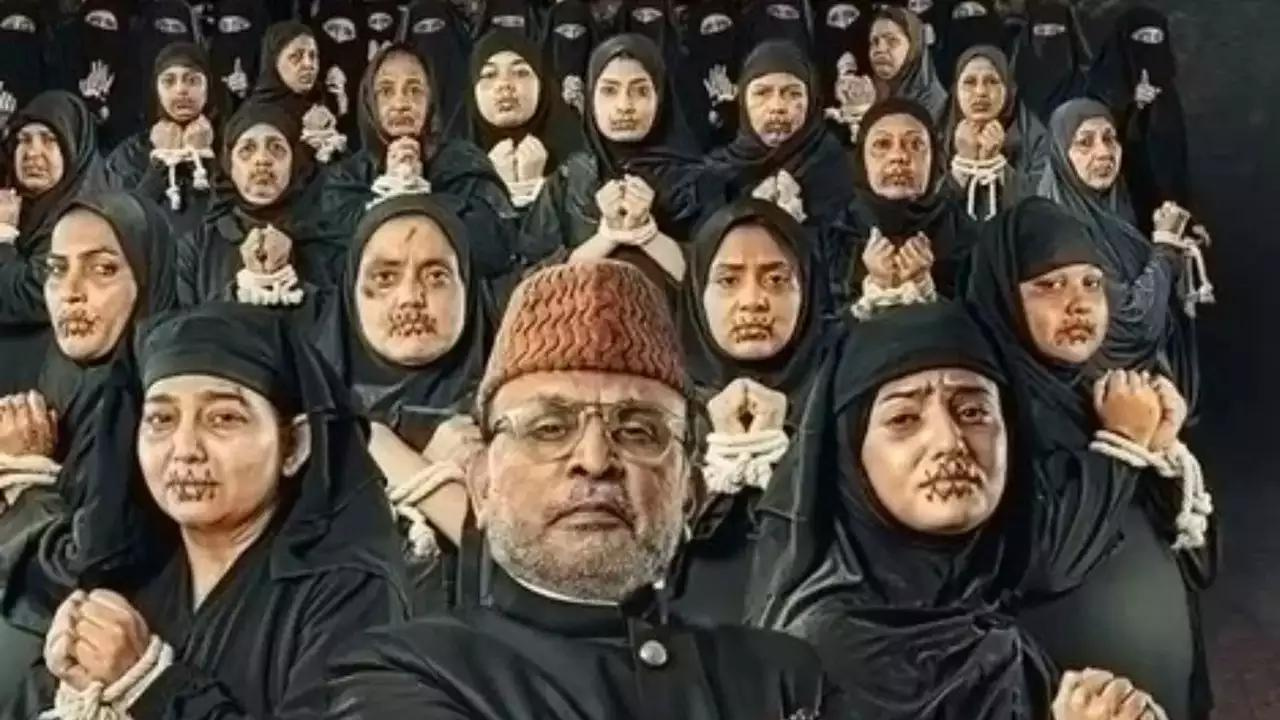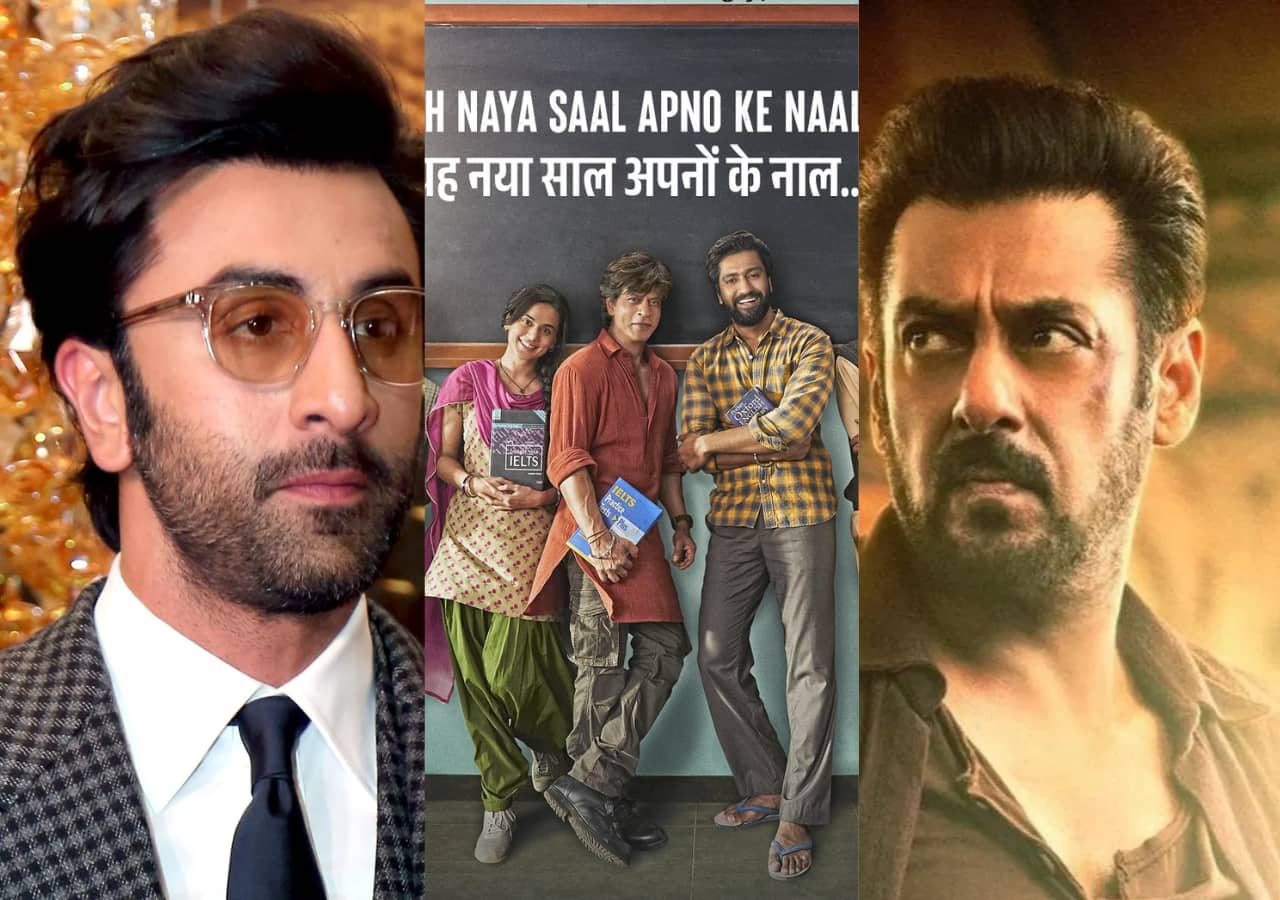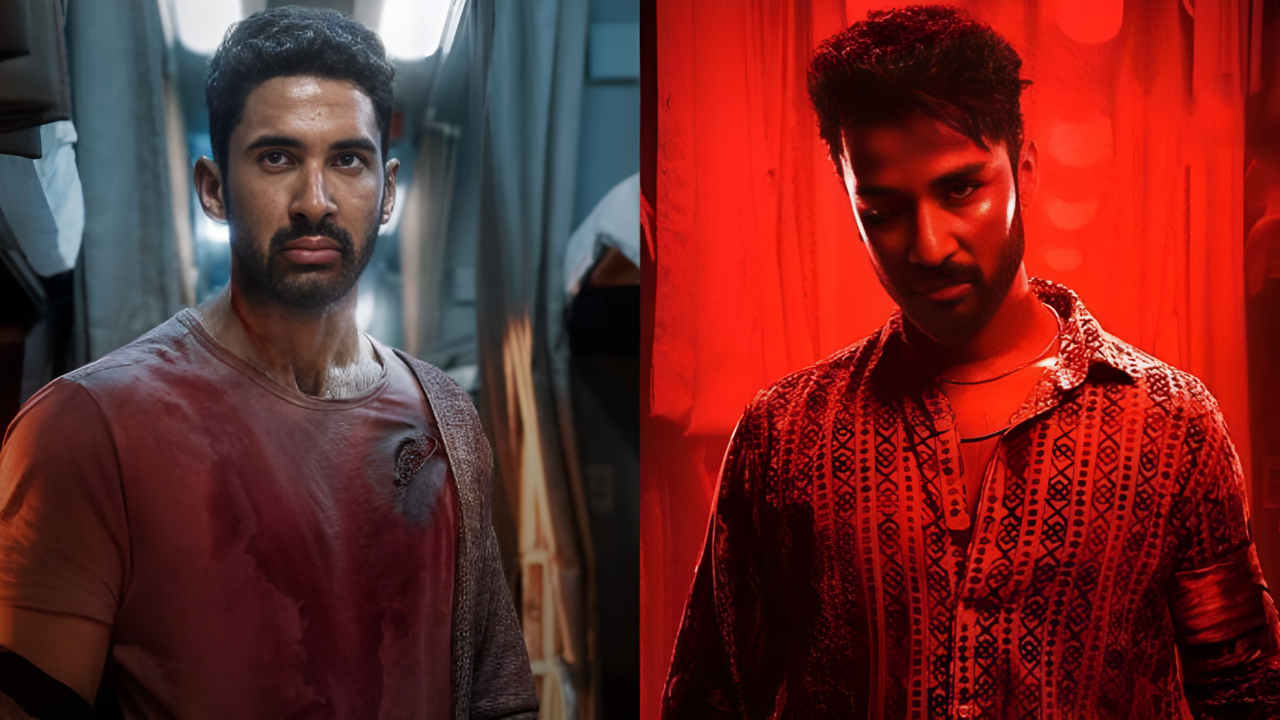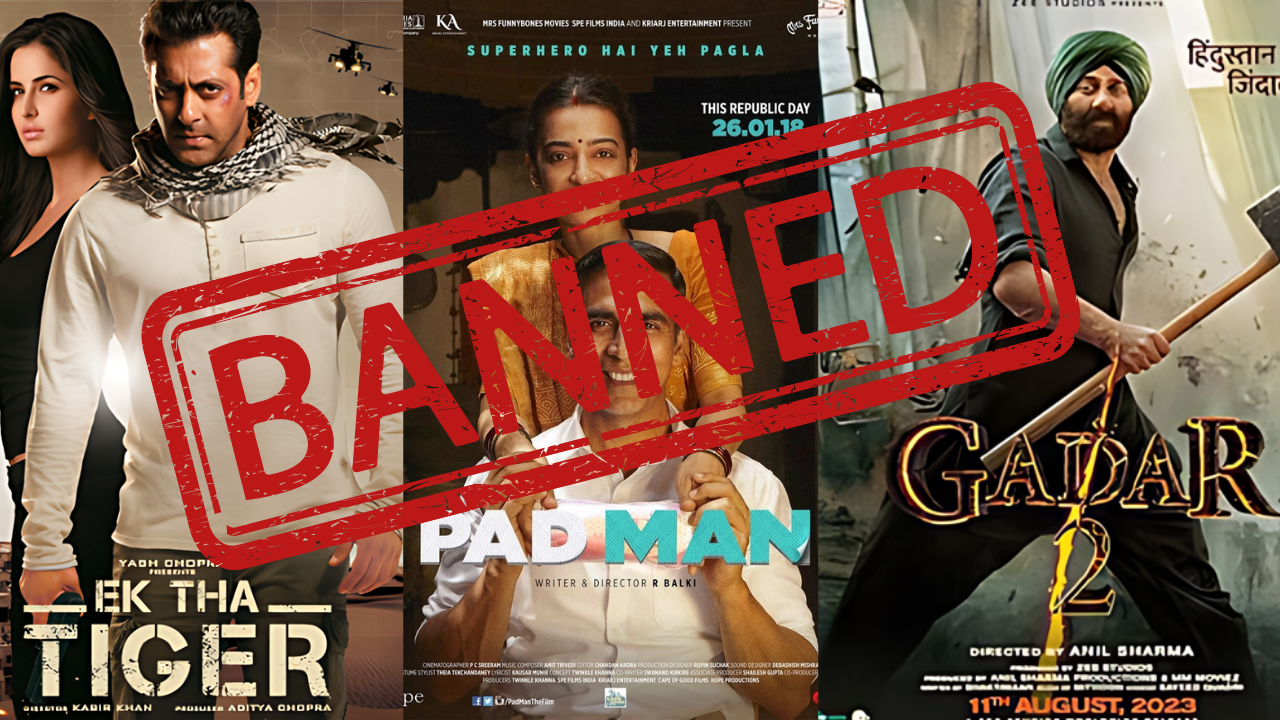The Supreme Court of India has recently suspended the release of the film Hamare Baarah due to the objectionable content in its teaser. The film, which was initially scheduled for release on June 14, 2024, features Annu Kapoor, Manoj Joshi, and Paritosh Tripathi among its cast. In response to allegations that the film is disparaging of the Islamic faith, particularly married Muslim women, the decision was made.
What was the impetus for the Supreme Court’s intervention? The vacation bench, which consisted of Justices Vikram Nath and Sandeep Mehta, reviewed the prelude to Hamare Baarah. The bench determined that the introduction was replete with “objectionable materials.” The court issued an order to suspend the film’s release, stating, “We have reviewed the movie trailer this morning, and all of the offensive dialogues are present in the trailer.”
In response to a petition that challenged the Bombay High Court’s previous decision, which had permitted the film’s release after the filmmakers consented to the removal of two contentious dialogues, this action was implemented. Advocate Fauzia Shakil, who was representing petitioner Azhar Basha Tamboli, contended that the High Court’s decision was “unreasonable” and that the Central Board of Film Certification (CBFC) should not have been directed to establish a review committee, as it was already subject to litigation.
What is the significance of this decision? The Supreme Court’s ruling emphasizes the judiciary’s crucial role in balancing the need to uphold public order and respect for religious sentiments with freedom of expression. The film’s sensitive nature, which has been accused of promoting communal propaganda, is underscored by the court’s intervention. Critics contend that the film’s portrayal of Muslim women and its overall narrative have the potential to exacerbate communal tensions.
Public response and controversy: The teaser for Hamare Baarah has elicited a robust response from the public and on social media. The film has been the subject of criticism from a diverse range of individuals due to its derogatory portrayal of Muslims and its perceived communal overtones. The trailer, which was initially published on May 30, was promptly removed from online platforms in response to the escalating controversy. Annu Kapoor, one of the film’s primary performers, defended the film, advising critics to observe it in its entirety prior to developing an opinion.
Not for the first time, Bollywood-produced films featuring Annu Kapoor have been accused of promoting objectionable content. The following is a historical context of comparable concerns. The Bombay High Court initially withdrew the restriction on the film’s release after the producers agreed to the necessary modifications. Nevertheless, the Supreme Court’s most recent decision has reinstated the suspension in anticipation of the Bombay High Court’s final ruling.
Film industry implications: The controversy surrounding Hamare Baarah is indicative of the more generalized tensions within the film industry regarding the freedom of expression and the responsibilities of filmmakers. Filmmakers are obligated to maintain a delicate equilibrium between artistic expression and social responsibility, despite the importance of creative freedom. The judiciary’s involvement in the resolution of these disputes is essential for the preservation of this equilibrium.
In summary, the Supreme Court’s decision to suspend Hamare Baarah underscores the film’s contentious nature and the judiciary’s endeavor to resolve the concerns that have been expressed. The Bombay High Court has been assigned the responsibility of expediting the decision-making process to guarantee that the film’s content is exhaustively examined. This incident serves as a reminder of the persistent impediments in the film industry that pertain to the portrayal of sensitive subjects and the delicate balance between reverence for diverse communities and creative freedom.




